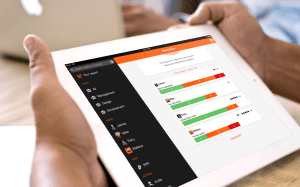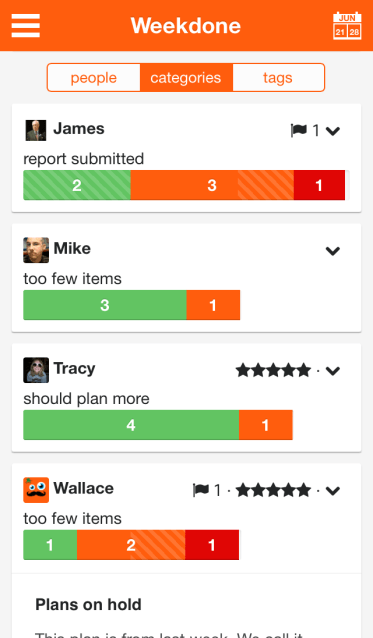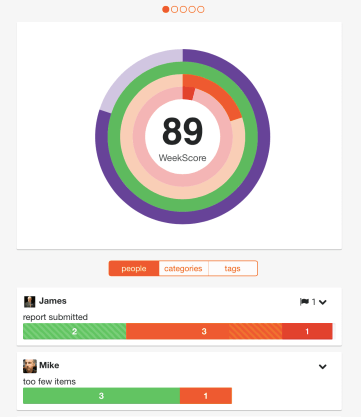Conoce a la 'Jobbatical,' un nuevo camino para los que no tienen una cuenta bancaria gigante para ampliar sus horizontes con un viaje prolongado.
POR JESSICA STILLMAN - INC
 IMAGEN: Getty Images
IMAGEN: Getty ImagesLa mayoría de nosotros no requieren mucho convincente que un año sabático prolongado suena muy bien. Pero si usted necesita más evidencia de que romper con su rutina diaria para viajar y pensar realmente es una buena idea, un montón de los que han tomado este tipo de roturas dar fe de que usted se vuelve profundamente renovado. A menudo, los beneficios a largo plazo a su carrera son inmensas, afirman.
Sólo hay un pequeño problema. ¿Cómo en el mundo podría permitirse el lujo de llevar meses de viajar?
Unos pocos afortunados que ya tienen los recursos o la disciplina para ahorrar lo suficiente para pagar meses de baja laboral. Tipos más resistentes argumentar despojada, sin lujos viajan a lugares de bajo costo, pero, obviamente, si usted tiene una familia con niños pequeños o simplemente no son muy aventureros, esta no es la solución para usted. ¿Hay una manera para que la gente normal, promedio para darse el lujo de escapar y volver a evaluar sus vidas y carreras?
Un Profesional Aventura en el Extranjero
Una startup está ofreciendo una nueva opción. Jobbatical, una compañía de Estonia que puso en marcha hace siete meses, se conecta startups en lugares exóticos como Bali y Barcelona con profesionales cualificados, especialmente en tecnología y marketing, que estén dispuestos a trasladarse y trabajar por un período prolongado (generalmente un año) para estas empresas.Llámelo un año sabático para esos tipos conducidos por profesionales que reciben más que un poco inquieto imaginando relajarse y no trabajar durante meses. O llame a la mejor opción para los que no tienen el saldo bancario para soportar un largo periodo fuera.
La idea es encontrar un montón de tomadores, según Karoli Hindriks, fundador de Jobbatical. "Estamos atrayendo a una gran cantidad de expertos en tecnología y comercializadores estadounidenses", dijo a Inc.com en una entrevista. ¿Dónde están estos profesionales dirigían a sus prolongados descansos de trabajo? "Nuestras regiones de más rápido crecimiento", Hindriks dice, "en términos de destinos se encuentran en Asia - así Singapur, Malasia, Hong Kong - y también en Europa, países como Estonia, que tiene una gran cantidad de nuevas empresas que están construyendo las empresas globales pero no tiene suficiente talento local ".
Los países más populares reflejan tanto los intereses de aquellos que buscan dar un "Jobbatical" y los destinos con los regímenes de inmigración más amigables que están dispuestos a dejar de talento valioso durante meses o años (que, por desgracia, los EE.UU. no es). Elige el país correcto, Hindriks explica, y la logística no son demasiado terrible. Y ya que estos son reales, el pago de conciertos con empresas en crecimiento (Jobbatical verifica cada oferta de empleo para eliminar el fraude y estafas), que realmente va a obtener un cheque de pago, mientras que viven en el extranjero también.
Pero de acuerdo con Hindriks, los beneficios del enfoque Jobbatical a un año sabático extranjera no son sólo en el ámbito de los aspectos prácticos más fáciles como los presupuestos y los visados. Bolsa de trabajo está inherentemente enriquecedor, se siente, tanto para el empleador y el miembro del equipo. "Me encanta Airbnb, no sólo porque es a menudo más barato que los hoteles, sino porque usted está experimentando una cultura", dice ella. "Esto es algo que estamos haciendo con Jobbatical también. Usted está uniendo a un equipo, por lo que ambas partes tendrán un ángulo más amplio en el mundo."
Compare eso con otro año en su cubículo en cualquier ciudad donde actualmente llamar a casa, y se puede entender por qué la idea de la Jobbatical sólo podría hacerse popular.







 0:00
0:00
 Juan MC Larrosa
Juan MC Larrosa


 Specifically, the problem Weekdone has set out to solve is that compared to the plethora of simple, visual apps that are available to help consumers get things done, the business world often still relies on lengthy documents, spreadsheets and emails to manage tasks and teams, or software that produces far too much unwieldily data that no one executive or manager can possibly hope to keep tabs on.
Specifically, the problem Weekdone has set out to solve is that compared to the plethora of simple, visual apps that are available to help consumers get things done, the business world often still relies on lengthy documents, spreadsheets and emails to manage tasks and teams, or software that produces far too much unwieldily data that no one executive or manager can possibly hope to keep tabs on. At the end of each week the app compiles an automatic visual dashboard and textual report of what’s been achieved since the last update, and what’s planned for the following week, which is sent to managers and team members via email, PDF or accessible on the web, mobile and tablet versions of Weekdone.
At the end of each week the app compiles an automatic visual dashboard and textual report of what’s been achieved since the last update, and what’s planned for the following week, which is sent to managers and team members via email, PDF or accessible on the web, mobile and tablet versions of Weekdone.













